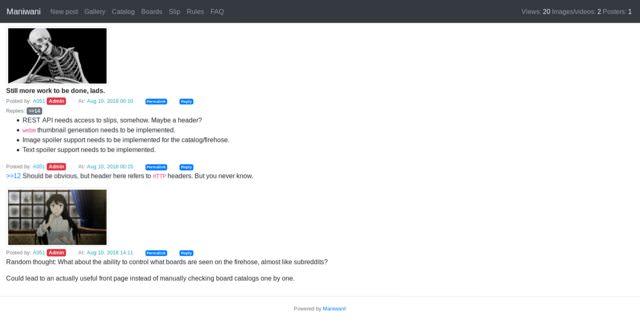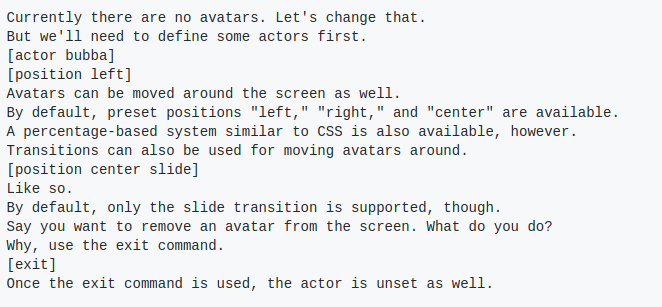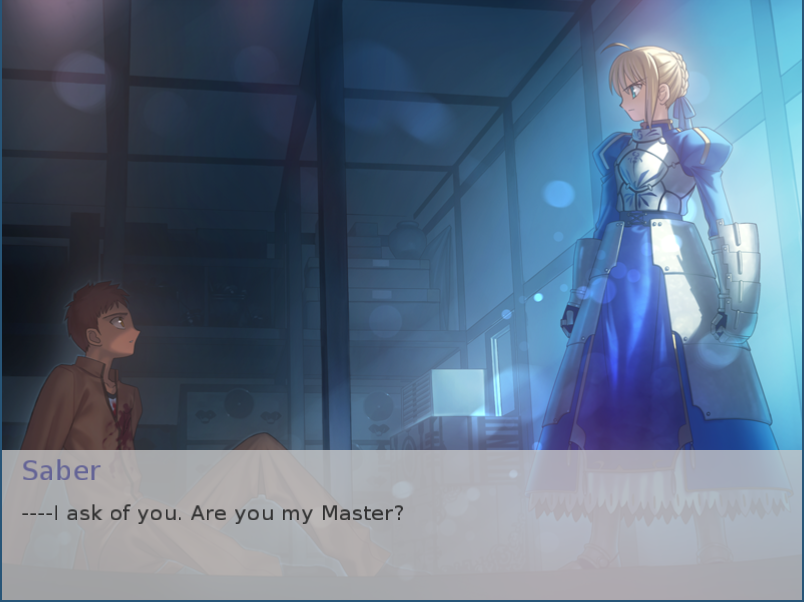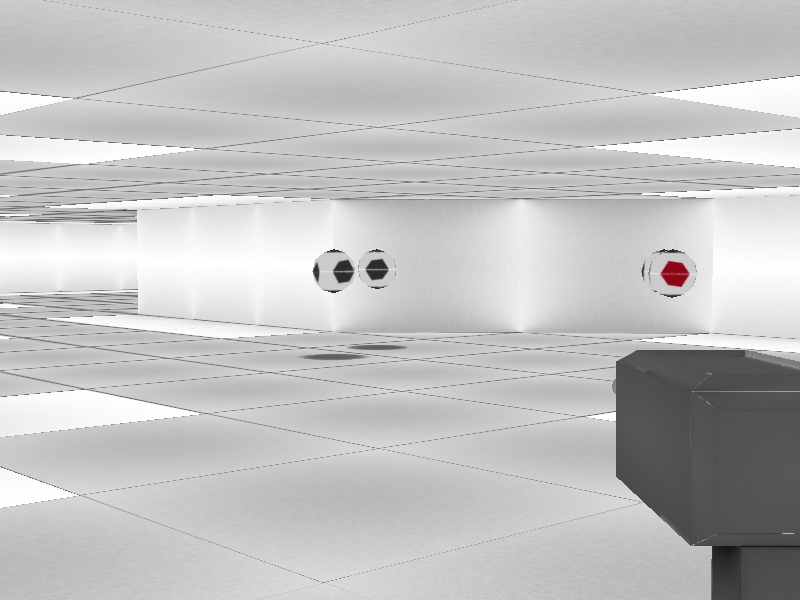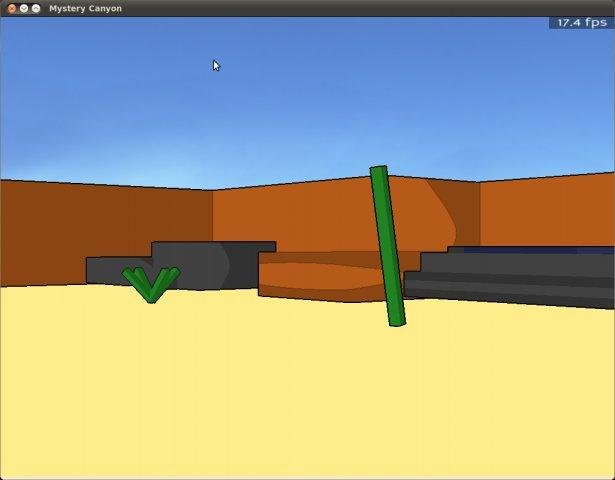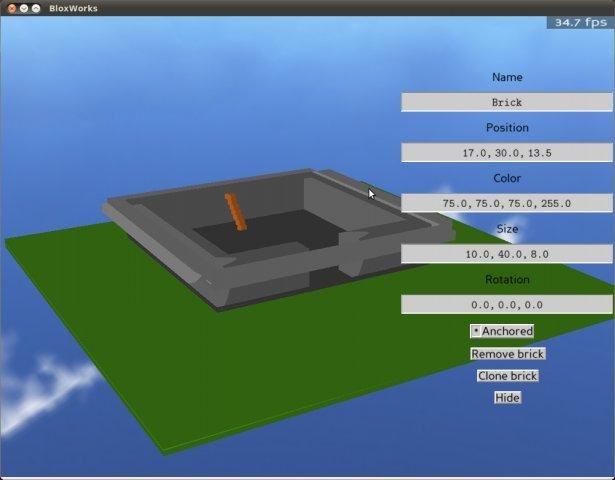About me
I'm a junior majoring in Computer Science at the University of Texas at Dallas. You can find info on my programming projects here.
Kermit Alexander II’s GitHub portfolio
Stuff I’ve made
Click the headers or images to navigate to each project’s homepage.
Schego is a work-in-progress R7RS Scheme VM written in Go. It will eventually include an x86 JIT and a full implementation of STM (Software Transactional Memory); Schego will likely be the first Scheme implementation in the world to implement STM. Additionally, as I write Schego, I post about it over on my blog, detailing the basics of things like lexing and parsing, as well as explaining and defending the implementation choices I made along the way.
Maniwani is an implementation of an imageboard via Flask and Bootstrap. It brings modern web sensibilities to the imageboard world with features like reponsive layout support while still maintaining features imageboard vets will love, like full site functionality with Javascript disabled. It also takes inspiration from other social networks, with a Pinterest-style catalog view and Reddit-like aggregation of posts on the front page.
A tabcomplete plugin targeting the APT package manager for the xonsh shell.
A currently-stalled game development project started by myself with the help of a handful of friends in late 2015. I wrote a domain-specific language for cutscenes in the Panzee engine, and as a proof of concept ported the entire 3rd day of the Fate/Stay Night visual novel to Project Panzee’s cutscene engine - graphics, text, audio and all.
My PyWeek 14 entry; an old-school, fully 3D first-person shooter built on top of the Panda3D game engine.
My first major project started back in 2010; a game development environment that allowed users to create their own games with Lego-like blocks in a drag-and-drop environment in addition to added custom functionality via Lua scripting. It received almost 7,000 downloads while it was actively developed.
Stuff I’ve helped out with
Panda3D - I contributed support via forums and IRC as well as testing and bug reports from 2010 to around 2014.

